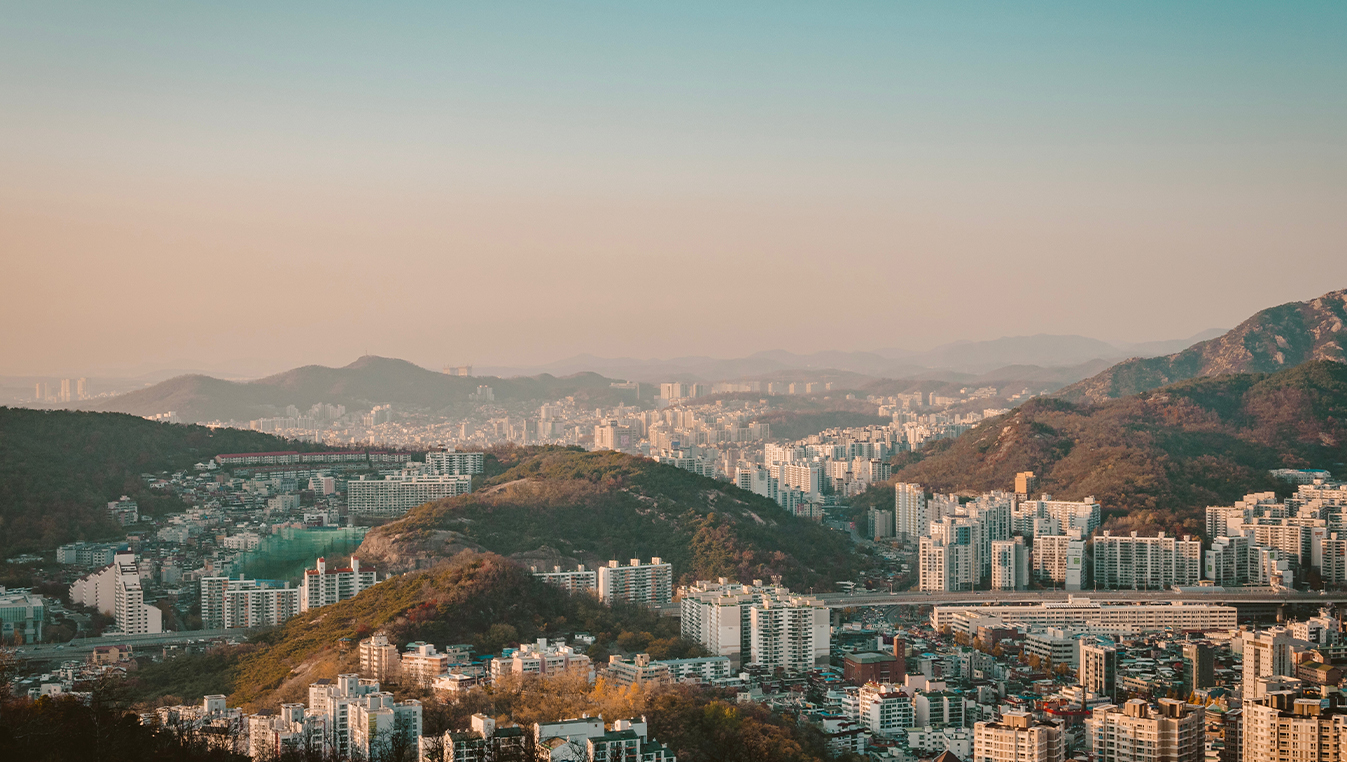I visited South Korea for the first time in the year 1995. Before that, I had been to Japan twice in 1988 and 1989. At that time, Japan was considered to be the most developed nation of the east and South Korea was only trying to come up. It was no match to Japan and there appeared to be no chance also of it becoming so. But that was exactly what had happened by the year 1995 and the possibility of South Korea leaving behind Japan was also not being ruled out. Against this background, the visit to South Korea had been very enlightening as well as inspiring. One of the memorable examples is the visit to the POSCO steel plant, where our delegation was received very warmly. The environment of the plant was so good that we felt like we were going around in a park.
During the course of this visit, the Indian ambassador in South Korea had hosted a dinner for us. While we were talking about the many good things of the country, the ambassador told us that the whole development of South Korea was a matter of only thirty years. Before that, it was a poor country and the people there could barely manage to afford the staple food. The prevalent saying there was that the people at that time had only one variation in their menu, and it was sauce (chatni) and rice (chawal) at lunch time and rice and sauce at dinner time. This was all they knew about food. From that stage, South Korea had achieved the status of one of the most developed nations within a span of three decades.
This narration by the ambassador was not only interesting but inspiring as well. He also mentioned that the main reason behind this progress was the committed leadership in the country. It was not only the vision of the leader but competence coupled with the discipline of the people on account of faith as well as fear. This was another message for us. Thereafter, I had the chance of visiting few more countries in the east. The secret of success everywhere was the same. The people have to become a part of the development process and it happens only when there is competent, committed and firm leadership. India is now a nation of more than one billion but there is a dearth of leadership which meets the above criteria. Still, it will be wrong to say that we stand no chance. After all, our country has produced a leader like Mahatma Gandhi, whose philosophy is now being considered relevant all across the globe. The fact that we have not tried to understand him correctly, what to say of following him, is perhaps the main reason behind the delay of our progress. But delays are not denials. Our country is fortunate to have much better resources and certainly our people’s staple food is dal (lentil) and chawal (rice), better than the Koreans at the beginning of their development. Let us learn from the experiences of such countries.














